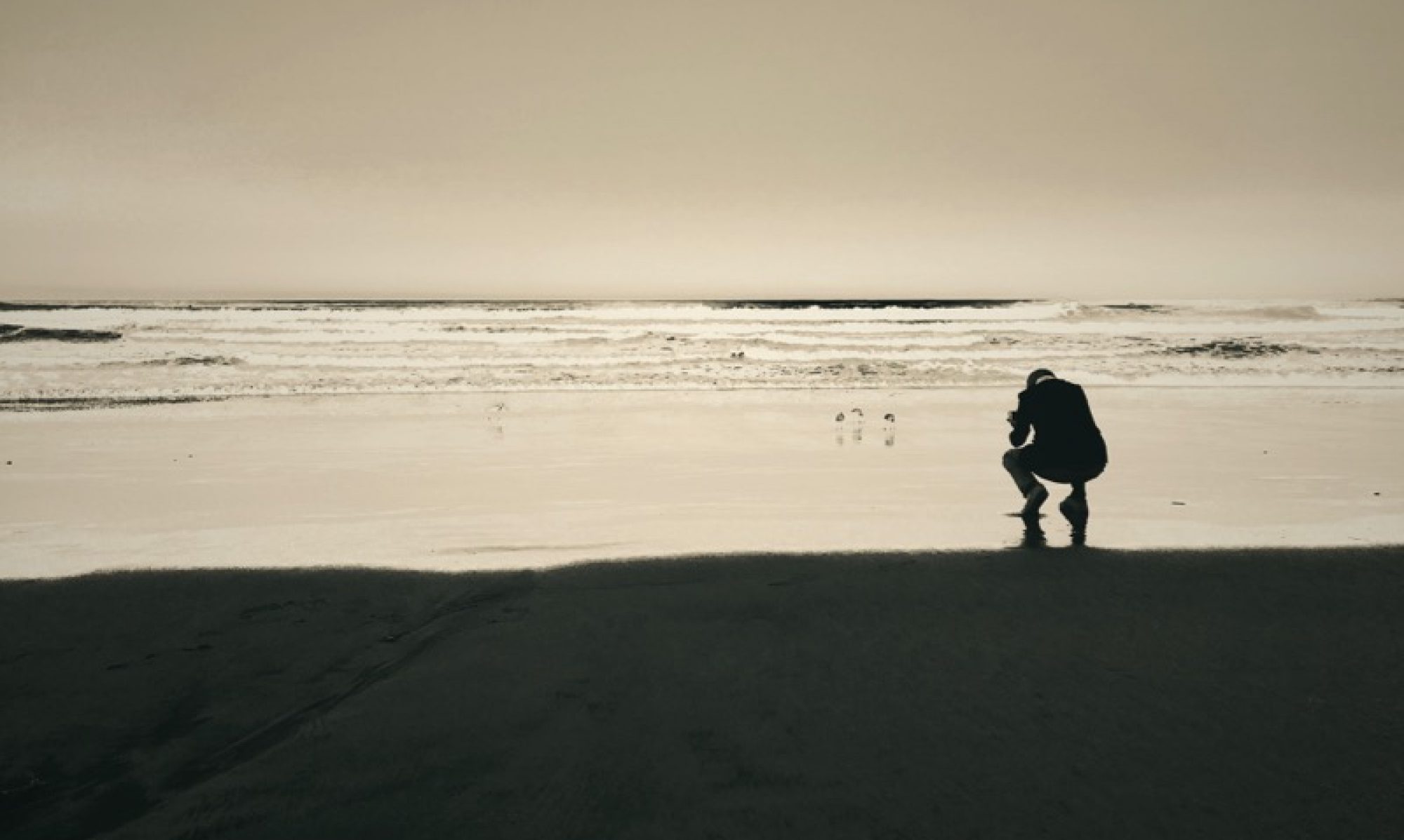Of all things, it is this week’s release of Apple’s iBooks application that makes me say something about the rocky transition of book publishing to digital. I’m in a bind here: the contributors to NFN have published, or are in the process of publishing, what by now amounts to about a dozen books. That includes the entire range, from work with small publishing houses, to highly specialized and prestigious academic publishing houses, to the largest and quite mainstream publishing house in the world, to self publishing. Some of these books are available as e-versions, some not.
Last night I spent some time reading both the Iliad and Winnie-the-Pooh on the iPhone. I am hopeful. I think that 99.9 percent of today’s dead-tree hardcovers and paperbacks will be better off existing in virtual space. I’m not sentimental about printed books. Horrid and densely printed typesets, cheesy cover designs, flimsy paper, the overall poor reading experience, and tons of boxes whenever one moves – I won’t miss any of that. Reading on the iPhone and in a paperback side by side, I actually prefer to read the Iliad on what arguably is, due to its small size, the worst e-book reader in existence (except that the best English translation is not yet available in the iBooks store). I didn’t even mind losing the line breaks, though the true poetry-lover might balk at this: verse ought to be verse!
The question for me is: are the old dogs getting it? I think not. As far as I can see, established publishing houses in the US like to present themselves as being ‘open’ to the whole e-book revolution. But that’s perhaps because over here, going through the motions of embracing the future is something you just do by instinct, all the while where I come from people often cherish the past for its own sake (this includes an unnamed publisher who, in the year 2010, considers the use of PDF files eccentric and insists that proofs must be snail mailed back and forth half way around the globe…). Either way, it seems that many are having a hard time to think outside of the old paradigm of the printed book. Right now, e-book versions and their distribution are merely an afterthought, and the idea of publishing ‘only’ an e-book is almost considered blasphemy. I can’t help but think that today’s book publishing giants will suffer badly from the same disruptive forces that the music industry by now is quite familiar with: iTunes and the likes.
And yet, there’s an irony to all this. Never has the high quality approach of people like Gerhard Steidl made more sense. The same is true for independent books that fit the creative vision of a specific project. And from a technical viewpoint, the EPUB file format is not yet suitable for publications that are image- rather than text based (it is interesting though to think what one can do even within the current limitations).
For everything else – there’s an app for it. To me, that’s a good thing.

